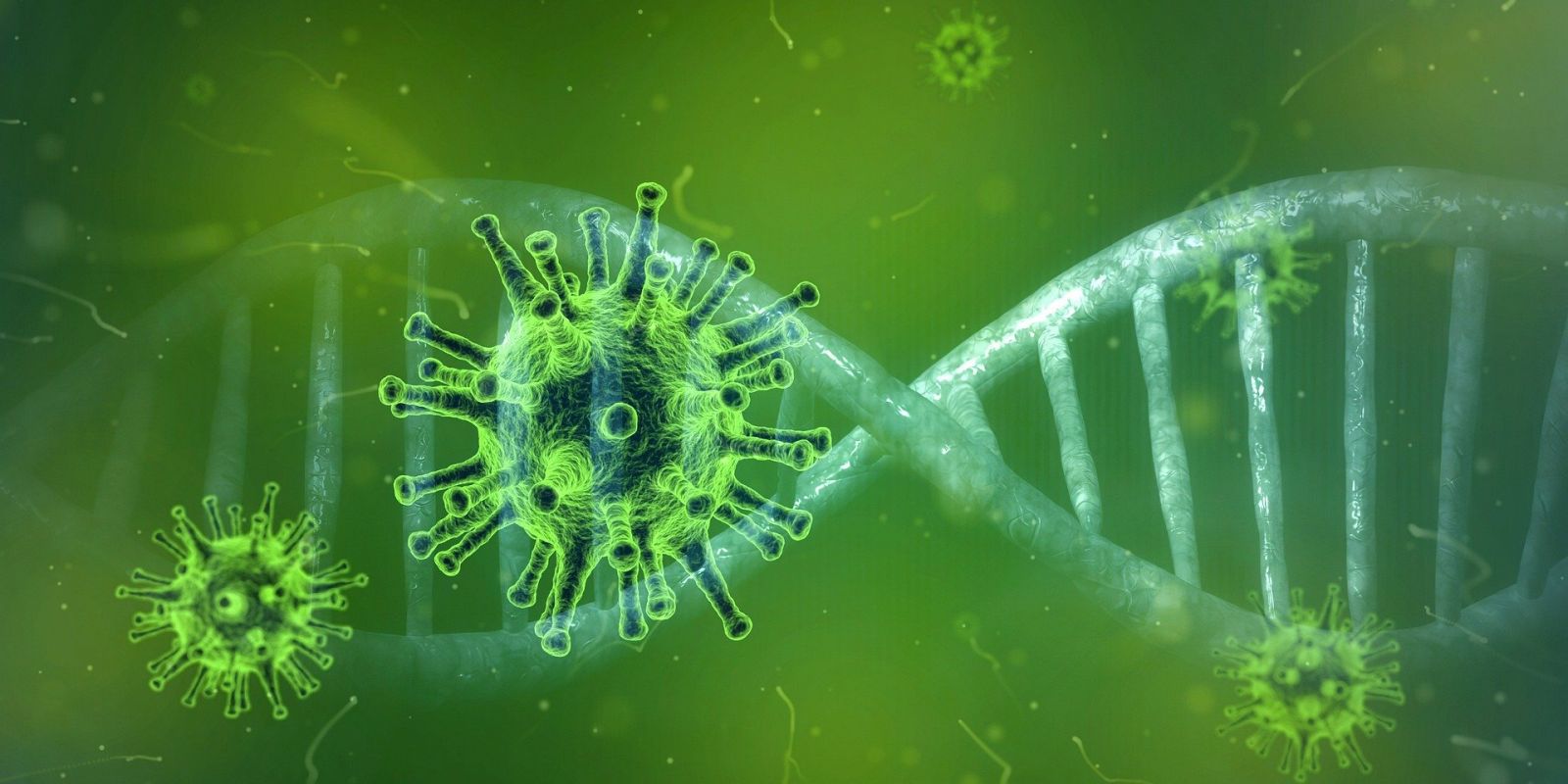SARS-COV-2 Mutations: Study Shows That G614 Strain Less Lethal In Short Term Than D614 But Is Aggressive In Transmissions And Multiplies Rapidly
Source: SARS-COV-2 Mutations Jul 03, 2020 5 years, 5 months, 3 weeks, 6 days, 23 hours, 18 minutes ago
SARS-COV-2 Mutations: Virologists and genomic researchers now know that two major variants of the novel coronavirus (SARS-CoV-2) are circulating in the United States and elsewhere at the moment besides the hundreds of minor variants. The variants, called G614 and D614, have just a small difference in their "spike" protein, the viral machinery that coronaviruses use to enter host cells.

An international team of scientists in a new study show that the G version of the SARS-CoV-2 coronavirus that has come to dominate cases around the world can be neutralized by normal h
uman immune response.
They report that this mutation does not make the virus more deadly, but it does help the virus copy itself, resulting in a higher viral load, or "titer," in patients.
The research findings by scientists at Duke University, Los Alamos National Laboratory and La Jolla Institute (LJI) were published in the journal:
Cell.
https://www.cell.com/cell/pdf/S0092-8674(20)30820-5.pdf?_returnURL=https%3A%2F%2Flinkinghub.elsevier.com%2Fretrieve%2Fpii%2FS0092867420308205%3Fshowall%3Dtrue
Dr Erica Ollmann Saphire, Ph.D, Professor, La Jolla Institute for Immunology told Thailand Medical News, “Viruses regularly acquire mutations to help them ‘escape’ antibodies made by the human immune system. When a virus acquires many of these individual changes, it ‘drifts’ away from the original virus. Researchers call this phenomenon ‘antigenic drift.’ Antigenic drift is part of the reason you need a new flu shot each year.”
For researchers, it is very critical to track antigenic drift as they design vaccines and therapeutics for COVID-19.
In the research, Dr Saphire collaborated with Dr Bette Korber, Ph.D., a fellow at Los Alamos National Laboratory (LANL), who serves as senior author of the study. Dr Korber and her colleagues at LANL have developed tools to track mutations around the world.
Their research tracking showed that while the G and D viruses both spread widely around the world, the G virus was "fixed" as the dominant variant by mid-March.
Dr Saphire and co-author David Montefiore, Ph.D., of Duke University Medical Center, led research into the immune response to these variants. They determined that viruses carrying spike with the G mutation grew two to three times more efficiently, leading to a higher titer.
Dr Saphire and her colleagues then used samples from six San Diego residents to test how human antibodies neutralized the D and G viruses. Would the fast-growing G virus be harder to fight?
The research experiments showed that the human immune response could neutralize the new G virus as well or better than the original D virus.
The findings meant the immune sy
stem did not need to produce more antibodies or better antibodies against the G virus, even though this variant was more successful at spreading. This finding was in line with what doctors saw in COVID-19 patients.
Dr Saphire said, “The clinical data in this paper from the University of Sheffield showed that even though patients with the new G virus carried more copies of the virus than patients infected with D, there was not a corresponding increase in the severity of illness."
Dr Korber adds,
"These findings suggest that the newer form of the virus may be even more readily transmitted than the original form, whether or not that conclusion is ultimately confirmed, it highlights the value of what were already good ideas: to wear masks and to maintain social distancing."
Dr Saphire says the novel coronavirus could be successful precisely because many patients do only get a mild version, or no symptoms at all.
Dr Saphire explains. "The virus doesn't 'want' to be more lethal. It 'wants' to be more transmissible. A virus 'wants' you to help it spread copies of itself. It 'wants' you to go to work and school and social gatherings and transmit it to new hosts. Of course, a virus is inanimate, it doesn't 'want' anything.’”
Dr Saphire further added, “But a surviving virus is one that disseminates further and more efficiently. A virus that kills its host rapidly doesn't go as far, think of cases of Ebola. A virus that lets its host go about their business will disseminate better like with the common cold."
She cautioned, “So while the G mutation doesn't make cases more severe, a different mutation might. We'll be keeping an eye on it.”
However other researchers are warning that although the G614 strain is less lethal, no one knows what the long-term health implications are. Already emerging studies are showing a variety of complications and medical conditions arising.
As one virologists commented on conditions of anonymity, ”The virus is adapting so that it cans transmit better and spread faster without killing the host fast as it needs the host to help spread it but it could be killing the host slowly and only time will tell.”
For more on
SARS-CoV-2 mutations, keep on logging to Thailand Medical News.
HELP! Please help support this website by kindly making a donation to sustain this website and also all in all our initiatives to propel further research: https://www.thailandmedical.news/p/sponsorship
